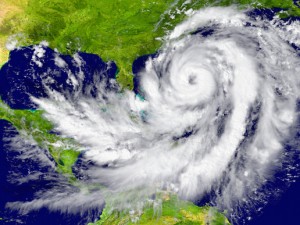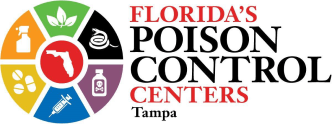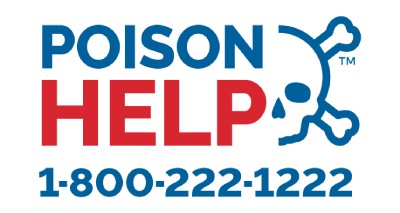Extreme Heat
 Be aware risk for heat stroke, heat exhaustion, heat cramps and fainting. To avoid heat stress, you should:
Be aware risk for heat stroke, heat exhaustion, heat cramps and fainting. To avoid heat stress, you should:
- Drink a glass of fluid every 15 to 20 minutes
and at least one gallon each day. - Avoid alcohol and caffeine.
They both dehydrate the body. - If you feel dizzy, weak, or overheated,
go to a cool place. Sit or lie down, drink water,
and wash your face with cool water. If you don’t feel
better soon, get medical help quickly. - Work during cooler hours of the day when possible or distribute the workload evenly throughout the day.
Heat stroke is the most serious heat illness. Body temperature may rise to 106°F or higher within 10 to 15 minutes. Heat stroke can cause death or permanent disability if emergency care is not given. Warning signs of heat stroke can include: red, hot, and dry skin (no sweating), fast pulse, throbbing headache, dizziness, nausea, confusion or unconsciousness. If you suspect someone has heat stroke, immediately call for medical attention. Cool the person rapidly by immersing him/her in cool water or a cool shower or spraying or sponging him/her with cool water. Monitor body temperature and continue cooling efforts until the body temperature drops to 101-102°F.

